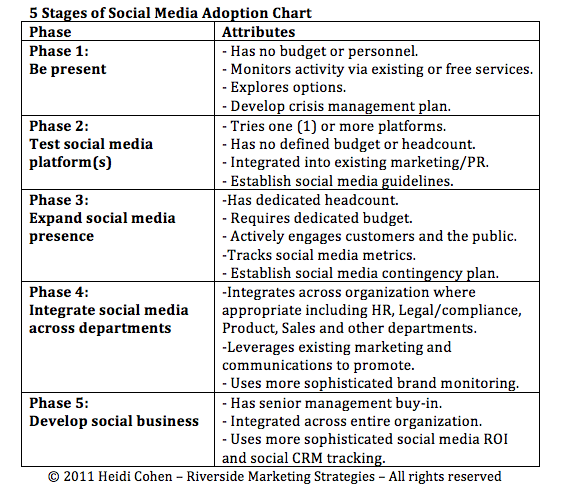Social media has revolutionized forms of communication, a few years ago it was unthinkable to talk to our friends in real time when we weren’t together, all we have to do is connect to the Internet and choose one of the many existing social networks. .
What has not changed is the way we relate to others and, of course, when communication is not done face to face, it causes many misunderstandings, which are usually problems of the person interpreting the message, not the sender.
“I’m responsible for what I’m saying, not what you understand. “
-Anonymous-
Cell phone rings; it’s a notification from one of your social networks: “Hi, how are you?
The problem is that you’ve had a bad day or the message comes from your boss and you think he’ll ask you for a favor, you can also be in a very good mood or the caller can be your best friend. However, the sender of the message does not know all this, does not know why it is not a face-to-face message and does not have access to other language keys as important as words that can be categorized as:
All of this is something that many of us are aware of; we know that in communication everything counts, from tone of voice to distance, but on social media it is not so, the message is like an elephant in the middle of the room: we all see it, but everyone explains its presence in a certain way, understanding the messages as it pleases.
“To maintain good communication, it is necessary to understand that we are all different in the way we perceive the world and to use this knowledge as a guide to communicate with others. “
-Tony Robbins-
Robert J. Hanlon, in 1980, gave us a solution to the problem of communication on social media, even before they existed, in his famous book on Murphy’s laws, in this document, Hanlon raised what became known as Hanlon’s knife or principle: “Never attribute evil to what can be explained by stupidity. “
If we apply Hanlon’s principle, we will diminish the degree of intentionality we attribute to many of the messages we read on social media, many of the facts we detect and interpret against us are simply reckless and do not intend to harm us. which is easier for people to forget that we exist than to conspire against us.
As we have already said, written communication needs more information than direct communication, however, this does not mean imagining what is happening, but to increase our caution in interpreting the writing, in this way we will avoid inconveniences and misunderstandings that actually make senseless.

